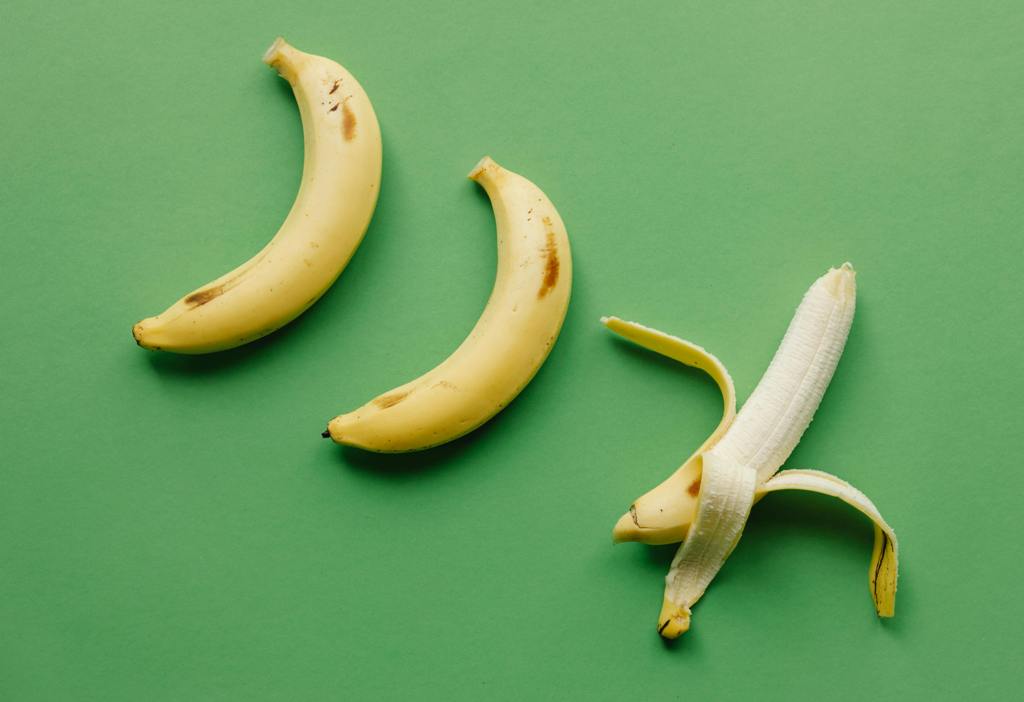Some fruits and vegetables can be very toxic to dogs, for example, onions and grapes. Others can make a perfect treat, so it’s important to know which are which. With that in mind, can dogs eat bananas?
The good news is, yes, they can! Bananas can be a healthy treat for adult dogs, but it pays to be a little more cautious when feeding bananas to puppies.
Introducing bananas to a dog’s diet
Whenever a new food is introduced to a dog, it is always best to start slowly, giving the digestive system time to adjust. Dogs aren’t used to the large amounts of fibre in a banana and, in particular, the skin. While the skin isn’t dangerous to dogs, it is best to feed only peeled bananas to avoid sickness or diarrhoea.
Some dogs will turn their noses up at a banana, but others will enjoy the sweet, fruity flavour. It just depends on the dog!
How much banana can my dog eat?
One banana benefit is that they don’t contain all the fat and salt that some manufactured treats do. If your dog likes bananas, they can be used as a tasty treat, however, it’s worth remembering that they are high in sugar, so if you’re watching your dog’s waistline, limit banana treats to once in a while.
Bananas are a good source of magnesium, which can help with absorption of vitamins, promoting bone growth and protein production. They also contain potassium, vitamin C, vitamin B and fibre, but are no substitute for balanced and complete dog food.
There is a feeding rule some vets and nutritionists like to follow. It’s called the 90/10 rule and should be implemented when feeding dogs extras, such as banana chunks. While 90% of a dog’s calories should come from quality dog food, the remaining 10% can be of treats!
What about feeding bananas to puppies?
Heed caution when feeding bananas to puppies. They need a particular diet to help them grow correctly. Too much banana, or other treats, can upset the finely calculated balance of the feeding plan, so it might be best to avoid feeding bananas to puppies.
Remember, when introducing puppies to a new food for the first time, they can get an upset stomach – any new foods must be introduced gradually.
